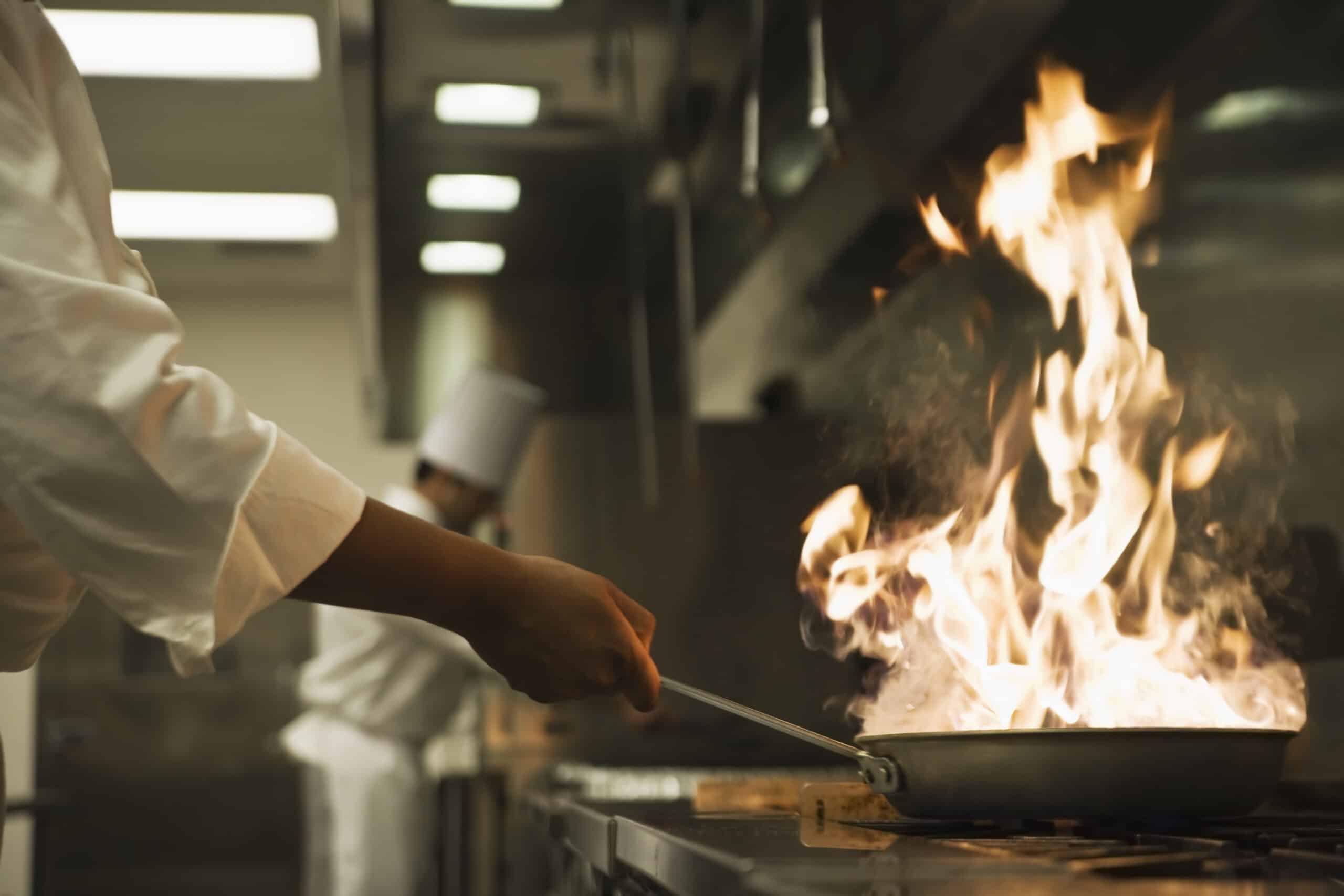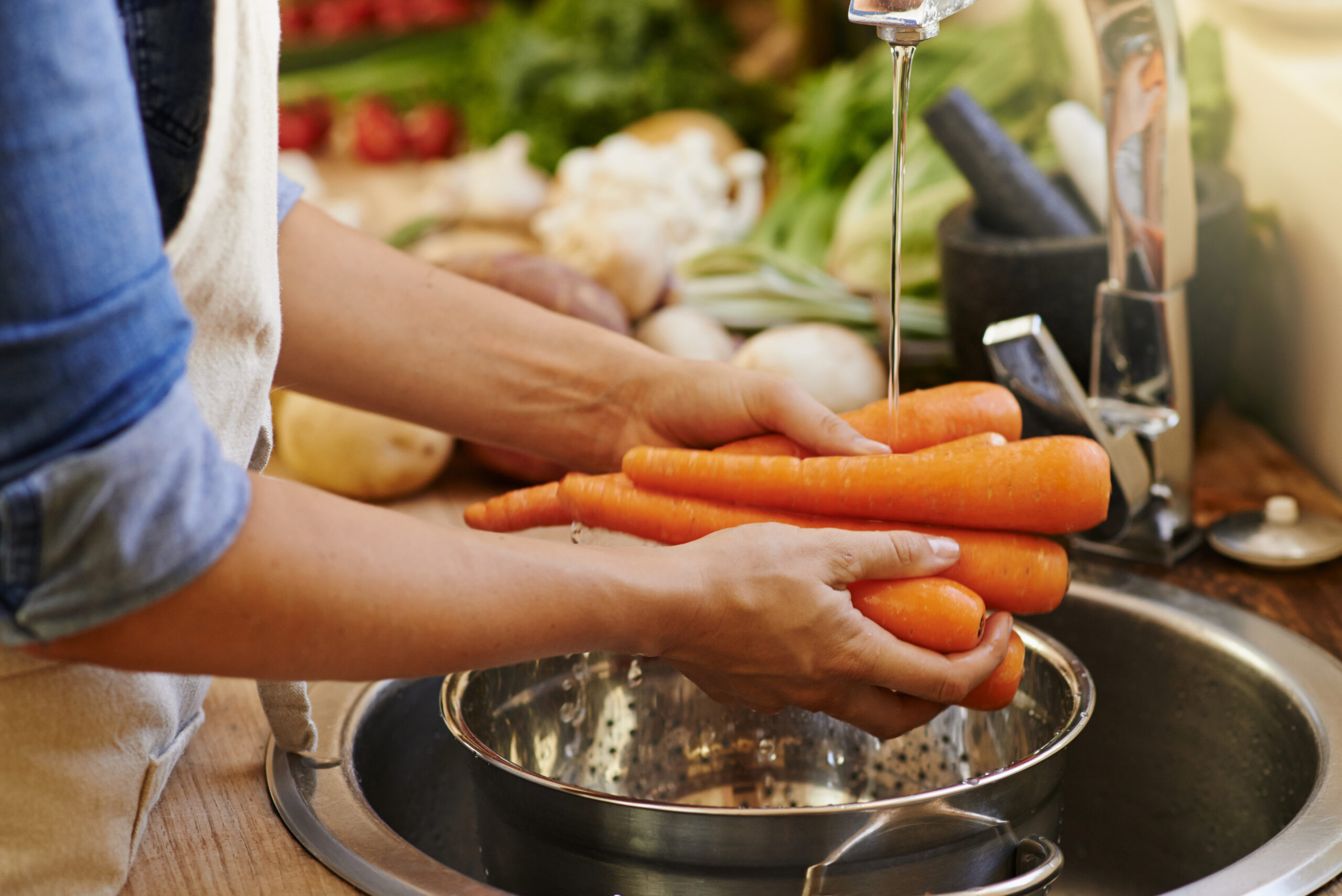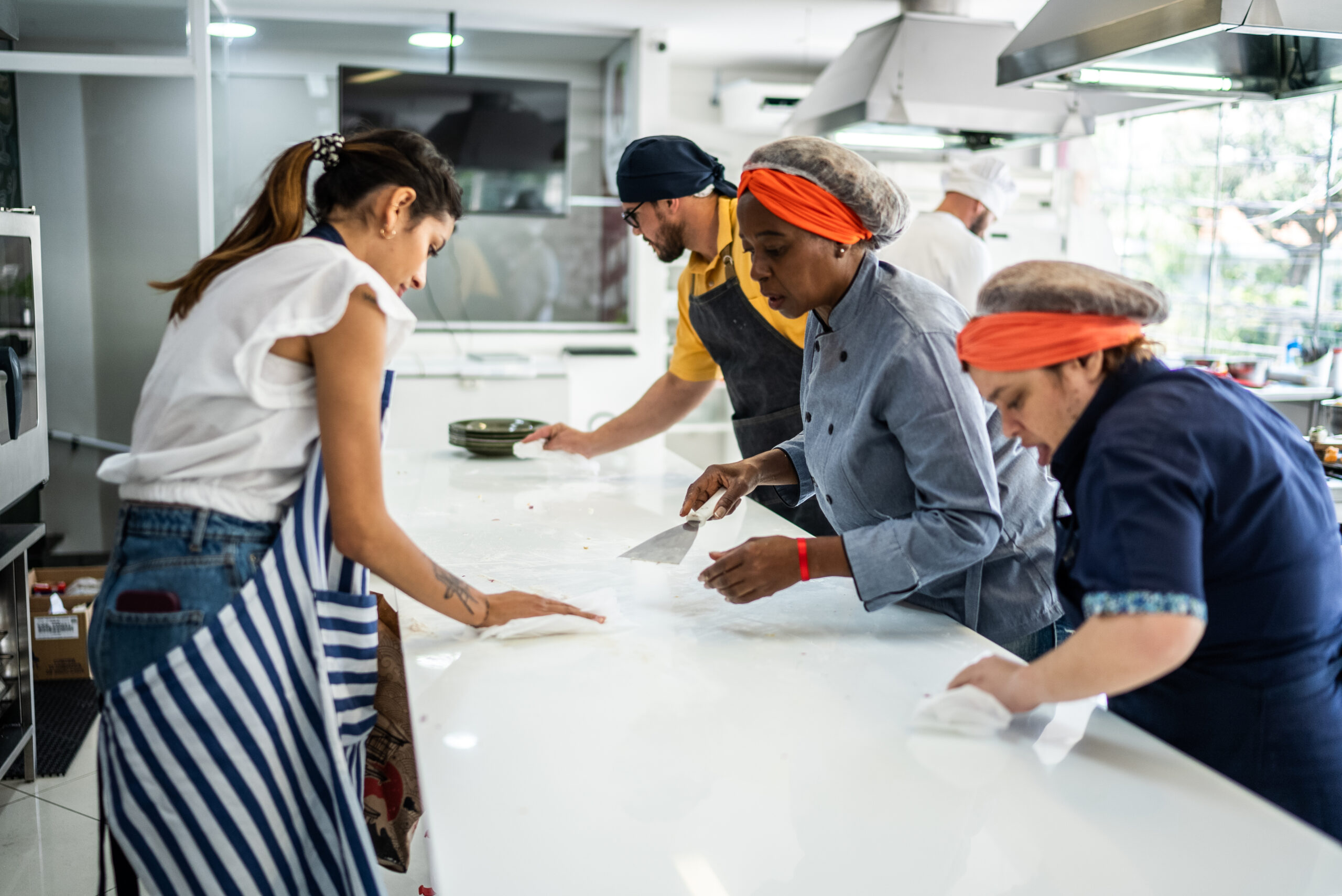Introduction
In Singapore, food safety is of utmost importance to protect public health and ensure the well-being of consumers.
One crucial aspect of maintaining food safety is the personal hygiene of food handlers.
Food handlers play a vital role in preventing the contamination of food and the spread of foodborne illnesses.
This article will provide valuable tips and techniques for food handlers to maintain personal hygiene.
The Importance of Food Handlers Certificate and Food Safety Courses
Before delving into personal hygiene practices, it is crucial for food handlers in Singapore to acquire a food handlers certificate.
This certificate is a mandatory requirement for individuals working in the food industry.
It demonstrates the holder’s understanding of food safety principles and commitment to maintaining a safe and hygienic environment.
To obtain the certificate, food handlers must undergo training, which includes completing a food safety course.
A food safety course, such as the Food Safety Course Level 1, equips food handlers with essential knowledge and skills to handle food safely.
It covers topics like foodborne illnesses, proper hygiene practices, and the importance of temperature control.
By enrolling in this course, food handlers gain a comprehensive understanding of food safety measures, enabling them to take the necessary precautions to keep food safe for consumers.
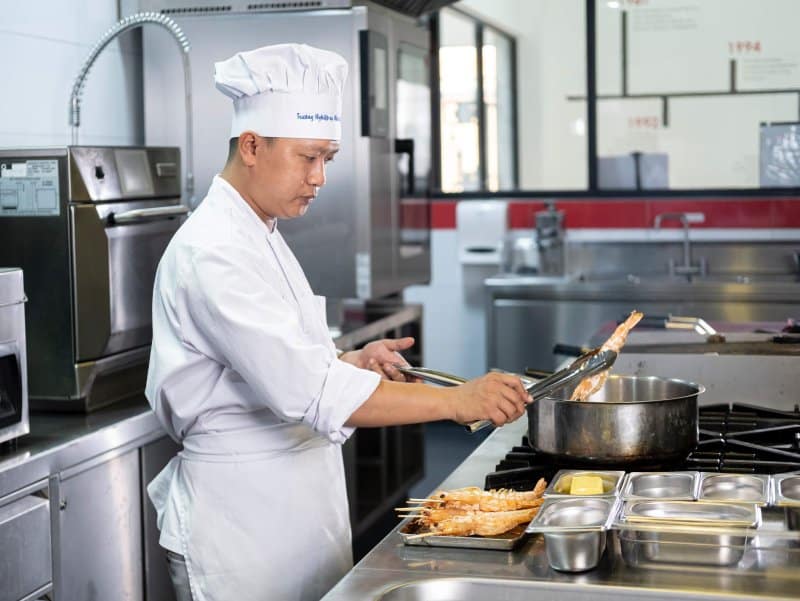
Source: Viet Reader
Personal Hygiene Practices for Food Handlers
Maintaining personal hygiene is critical for food handlers to prevent the contamination of food. Here are some essential tips and techniques:
Handwashing
Proper handwashing is the foundation of personal hygiene for food handlers.
Hands should be washed with warm water and soap for at least 20 seconds before handling food, after using the restroom, and after touching surfaces that may be contaminated.
Food handlers should pay extra attention to cleaning their fingertips, nails, and between their fingers.
Regular hand washing helps to eliminate bacteria and reduce the risk of cross-contamination.
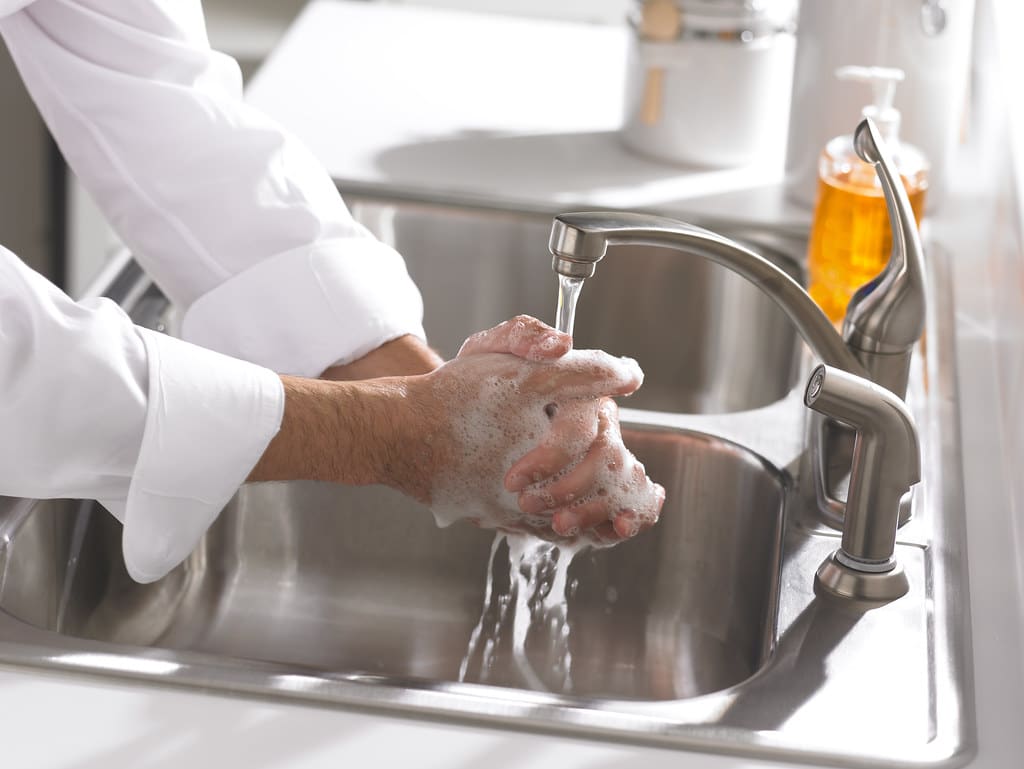
Source: Flickr
Personal Protective Equipment (PPE)
Wearing appropriate personal protective equipment is essential for food handlers.
This includes wearing clean and well-maintained uniforms, hairnets or caps to prevent hair from falling into food, and gloves when handling ready-to-eat food.
PPE acts as a barrier between food handlers and potential sources of contamination, ensuring the safety and quality of the food being prepared.
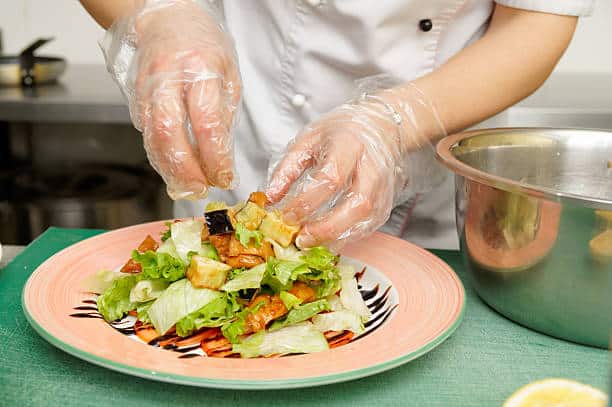
Source: iStock
Avoiding Illness
Food handlers should not handle food if they are experiencing symptoms such as diarrhoea, vomiting, or a contagious illness.
Illness can easily spread through food, leading to severe consequences for consumers.
It is essential for food handlers to inform their supervisors and take the necessary time off work to recover fully.
Cuts and Wounds
Food handlers should be cautious and take immediate action if they sustain cuts or wounds while working.
Open wounds can harbour harmful bacteria, posing a significant risk of contamination.
Any cuts or wounds should be covered with waterproof bandages or dressings, and food handlers should avoid direct contact with food until the injury is fully healed.
Hygienic Practices
Apart from handwashing, food handlers should follow other hygienic practices to ensure food safety.
This includes maintaining clean and well-sanitised work surfaces, utensils, and equipment.
Regular cleaning and sanitising of these items prevent the buildup of bacteria and minimise the risk of contamination.
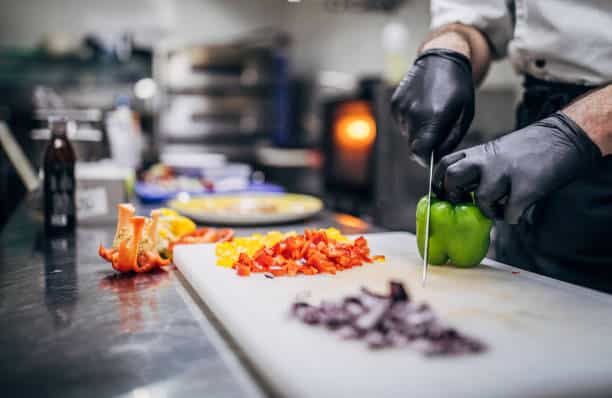
Source: iStock
Proper storage of food is also crucial. To prevent cross-contamination, food handlers should ensure that raw and cooked food is stored separately.
Raw meat, poultry, and seafood should be stored in sealed containers on lower shelves to avoid drips or spills that contaminate other foods.
Refrigerators and freezers should be regularly cleaned and maintained at the appropriate temperatures to preserve the freshness and safety of the food.
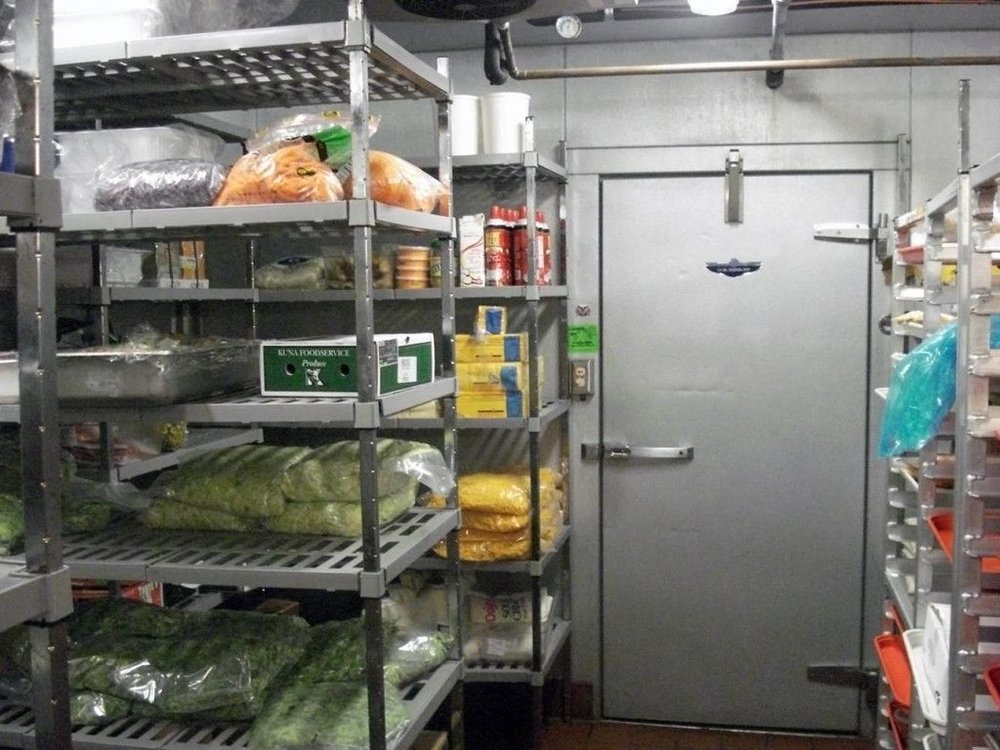
Source: ResQ
Conclusion
Food safety is a shared responsibility, and food handlers play a critical role in safeguarding public health.
By maintaining high standards of personal hygiene, food handlers in Singapore can contribute to a safe and hygienic food environment.
Acquiring certificates and completing the required training are vital steps in equipping food handlers with the necessary knowledge and skills.
By following proper handwashing techniques, wearing appropriate personal protective equipment, and practising good hygiene, food handlers can help prevent foodborne illnesses and ensure the food’s safety.
Continuous education and training in food and hygiene courses are essential to staying updated with the latest food safety practices and regulations. Together, these efforts contribute to Singapore’s healthier and safer food industry.
Take your food safety skills to the next level with SkillMaster
Enrol in our comprehensive food and hygiene courses designed for food handlers in Singapore.
Learn essential practices such as proper handwashing, effective protective equipment use, and impeccable hygiene.
Join us today to make a difference in the food industry’s safety. Visit our website to enrol and get started!

